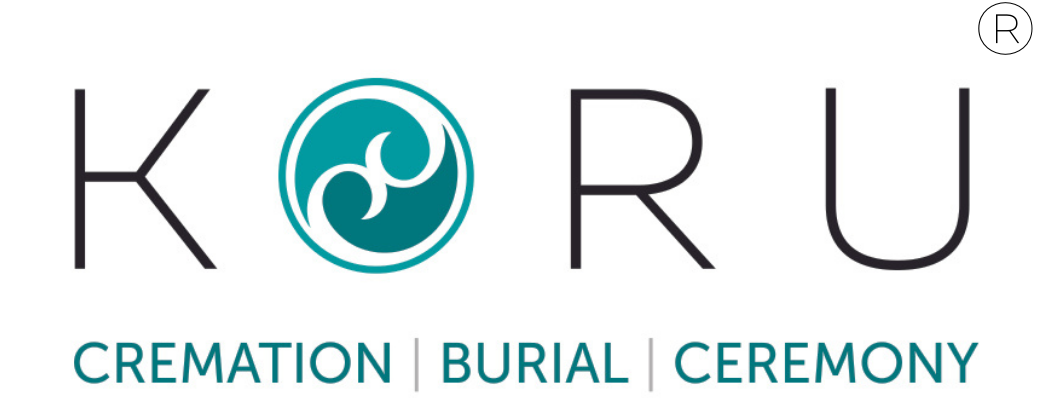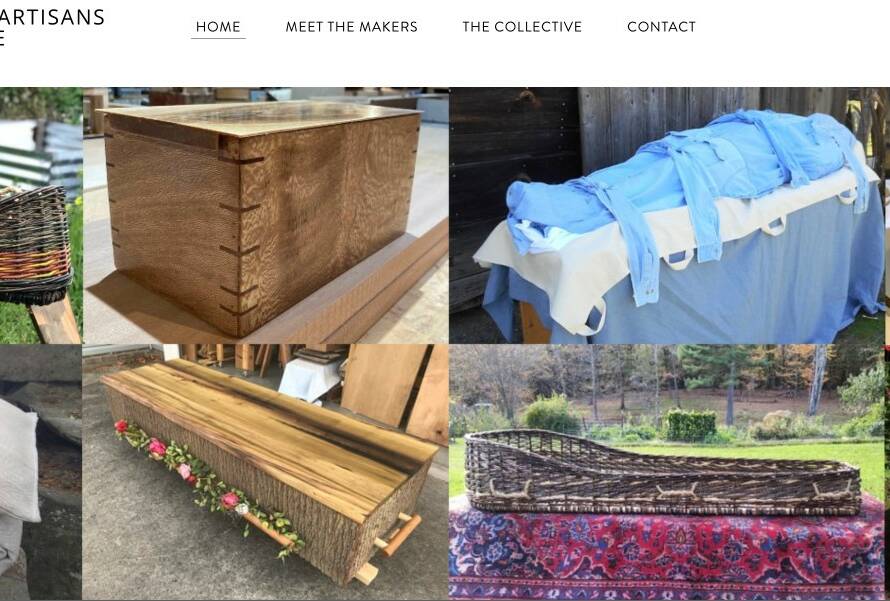Death can be a scary topic – but it doesn’t have to be. One of the central things that drives our work is the desire to approach death care differently and rethink the industry for the better. It can start with something as simple as removing the taboo around the subject of death and dying, and making it less intimidating to think and talk about.
This blog post will share tips and resources to hopefully inspire some further reflection, whether on your own or in conversation with others. First off, though, if death is a traumatic topic for you, or you’re currently struggling with a loss, we wanted to let you know that we have many resources for grief and bereavement support available on the Resources section of our website.
However, you don’t need to have experienced loss to have a conversation about death. We encourage you to follow your curiosity and make time for reflection and discussion in your daily life – after all, death is the most natural and inevitable part of life.
How to Have a Conversation About Death: Resources and Groups
There are lots of thoughtful and innovative resources out there for sparking or prompting conversations about death and dying. Here are a few of our favourites.
Death Conversation Game
The object of this card-based game is to “help instigate and facilitate open conversations on death in safe-enough, respectful environments of chosen friends, family, peers, classmates, students, clients, colleagues, and/or strangers.”
Here’s what its creator, Angela Fama, an interdisciplinary artist who is trained as a death doula, has to say: “The depth and breadth of the conversation depends on how you choose to engage with the questions and each other. Whether it’s death-related theology, ideology, metaphysics, bookish details, relationship considerations, bereavement, and/or a number of other subjects…”
Each card has a question on it for discussion, but the rules are fairly flexible. You can always skip a card and discuss something else; the main idea is to provide prompts so that you don’t have to think too hard about how to start the conversation. Empathetic and respectful listening, as well as creating a safe space for sharing and subjective differences, are key.
Willow End of Life Education and Planning
Based in Vancouver but offering a range of easily accessible online resources, Willow End of Life aims to transform end-of-life planning into a rich opportunity for personal growth and community connections.
In their words, “Questions are at the heart of what we do.” Their mission is to “help you wake up before your time’s up and use your mortality to define what it means to be truly alive.” To that end, they offer workshops and workbooks to help get people talking about death and dying, as well as getting comfortable with mortality in order to live with intention and purpose.
The Conversation Project
Initiated by the Institute for Healthcare Improvement, The Conversation Project offers free resources and guides to help people share their wishes for care through the end of life. Their free conversation guides are aimed at starting these conversations “at the kitchen table – not the intensive care unit – with the people who matter most to us, before it’s too late.”
Although these resources can be helpful for anyone, folks who have received a terminal or life-changing diagnosis (or their families and loved ones) might find these particularly suited to helping them navigate the medical and healthcare systems.
Approaching Conversation About Death or Dying
There is a wide range of traditions, beliefs, and cultural practices (both today and throughout history) that can help us understand and approach the topic of death. In addition to personal and lived experiences, these can all inform how people think and speak about it.
Because death can be a challenging topic, it’s important to create a safe space for listening, empathy, and emotion in conversation. This doesn’t mean it has to be overly heavy or serious, however; it can also be approached from a place of curiosity and openness. At KORU Cremation | Burial Ceremony, we host two different types of conversation events:
- Death Cafe: These are casual, open discussions where attendees direct the conversation about death and dying. Usually, we have a host start the conversation and set the expectation that this is a safe space for inquiry and sharing.
- Out in the Open: These events are guided conversations where we prepare specific topics and questions – although that’s no guarantee for where the conversation might end up.
To find out when we’re hosting our next event, subscribe to our newsletter.
In our experience, books (whether educational, biographical, narrative, or poetic) can be a great conversation starter. Stories, whether fiction or non-fiction, can help us consider our own lives and mortality. Art is also a great tool for contemplation; we’ve held previous Out in the Open events next to public artworks and used them to spark conversation.
Sometimes, it’s not about talking the whole time, either. Breathwork and meditation can be grounding tools for rooting ourselves in the present and establishing a mind-body connection.
Additional Resources for Reflecting on End-of-Life
Many folks find peace of mind in planning, knowing that their wishes have been communicated to, or even arranged for, their loved ones. We have a few more things that may be helpful in contemplating end-of-life topics:
- Our downloadable Pre-Planning Guide for End of Life can help you reflect on values and priorities, providing valuable information and steps to help you and your loved ones prepare thoughtfully and compassionately.
- Our fillable Death Care Choices Worksheet can help you understand the various choices that need to be made during a funeral or cremation arrangement process.
If you’d like to discuss planning ahead, book a free, no-obligation meeting with us and we’d be happy to provide you with some guidance.



